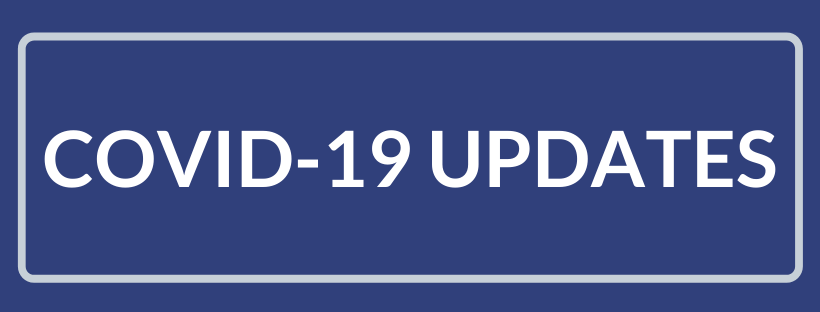Almost all equestrian facilities across Canada have been closed to the public since federal and provincial social distancing regulations have been in place. In Ontario the province declared a state of emergency on March 17th 2020, and a stay at home order on March 24th 2020. All non-essential businesses were ordered closed. On April 4th 2020 the order was updated and a new one issued, along with a list of essential services.
Among the essential services are listed: “Veterinary services (urgent care only) and other businesses that provide for the health and welfare of animals, including farms, boarding kennels, stables, animal shelters, zoos, aquariums and research facilities.”
This list by no means implies that all listed businesses can carry on normal, client related, activities in the manner to which they have become accustomed. Rather, the list details businesses that provide a service the government has deemed to be essential. In the case of stables: “**These operations must find the balance between: 1) being required by the government of Ontario to close as a result of the declaration of the state of emergency, and 2) remaining open as an essential business that provides for the health and welfare of animals.”
An important distinction we must make is between “essential workplaces” and “recreational activities”. Stable (boarding facility) operators must be mindful that: “**Under the Act, the penalties for breaching the essential workplaces order can include severe monetary fines of up to $100,000 for individuals or up to $500,000 for a director of a corporation and a term of imprisonment of not more than one year for both (s. 7.0.11). The penalties under the Act can be changed at any time by way of regulation.”
Regulations must be adhered to by stable operators: “**The National Farm Animal Care Council Code of Practice (the Animal Care Code) mandates a minimum standard of care to ensure the adequate feeding, care and movement of equines. Any requirements under the Animal Care Code represent the minimum standards of care and those who fail to adhere to the requirements may be compelled to undertake corrective measures. These requirements may also be enforceable under federal or provincial regulation.”
It is a requirement under Section 2.2.3 of the Code that “Owners must have the ability to segregate sick or injured animals for treatment.” Accordingly, if your horse is sick or injured you must be able to segregate it to provide treatment – and that appears to be the only condition upon which non-stable workers are permitted to be on the premises.
While it is indeed frustrating for horse owners not to be permitted access to their equines during this lockdown take comfort in knowing that your chosen facility is not alone, it is a legal requirement that they close by order of the province, until further notice. You can also take comfort in the fact that you know, or ought to know, the people who are providing day to day care for your equines, and in knowing that they are duty bound by the NFACC Code of Practice to provide a minimum standard of care.
**Cited from an article published by Breanna Young JD, Torkin Manes LLP – hyperlink added for reference.

